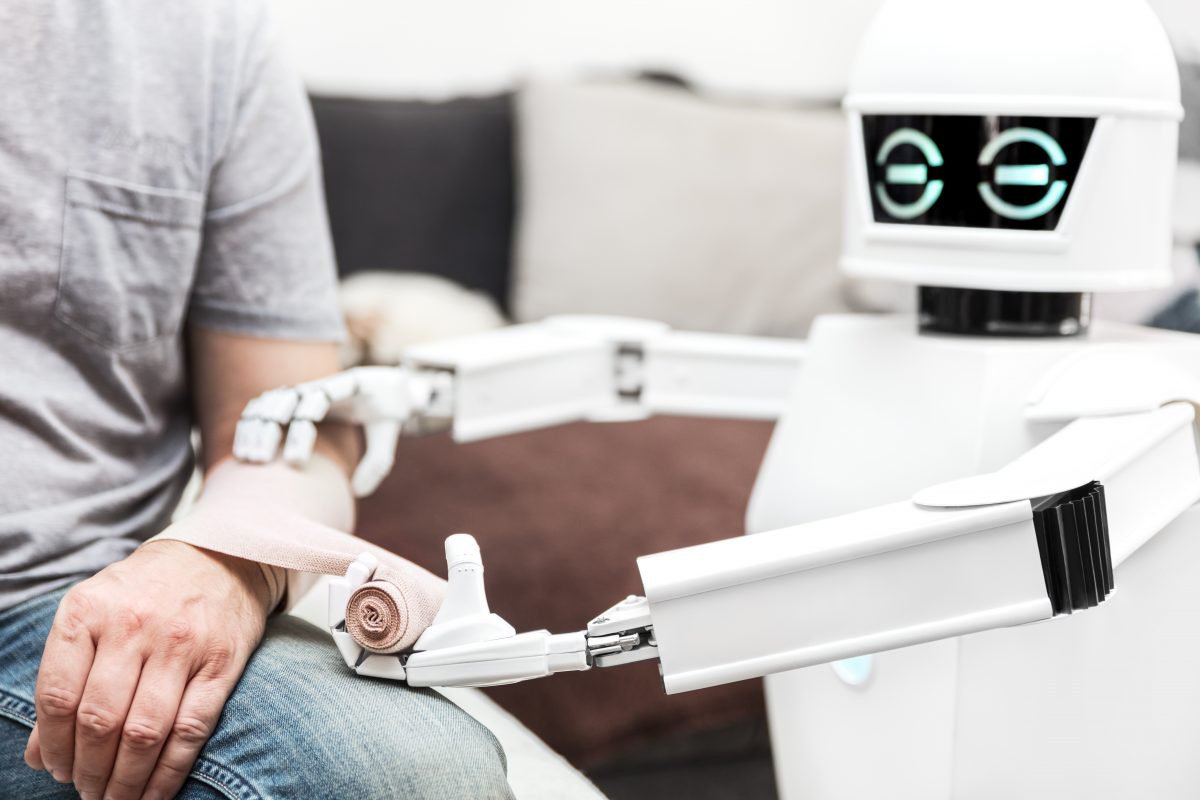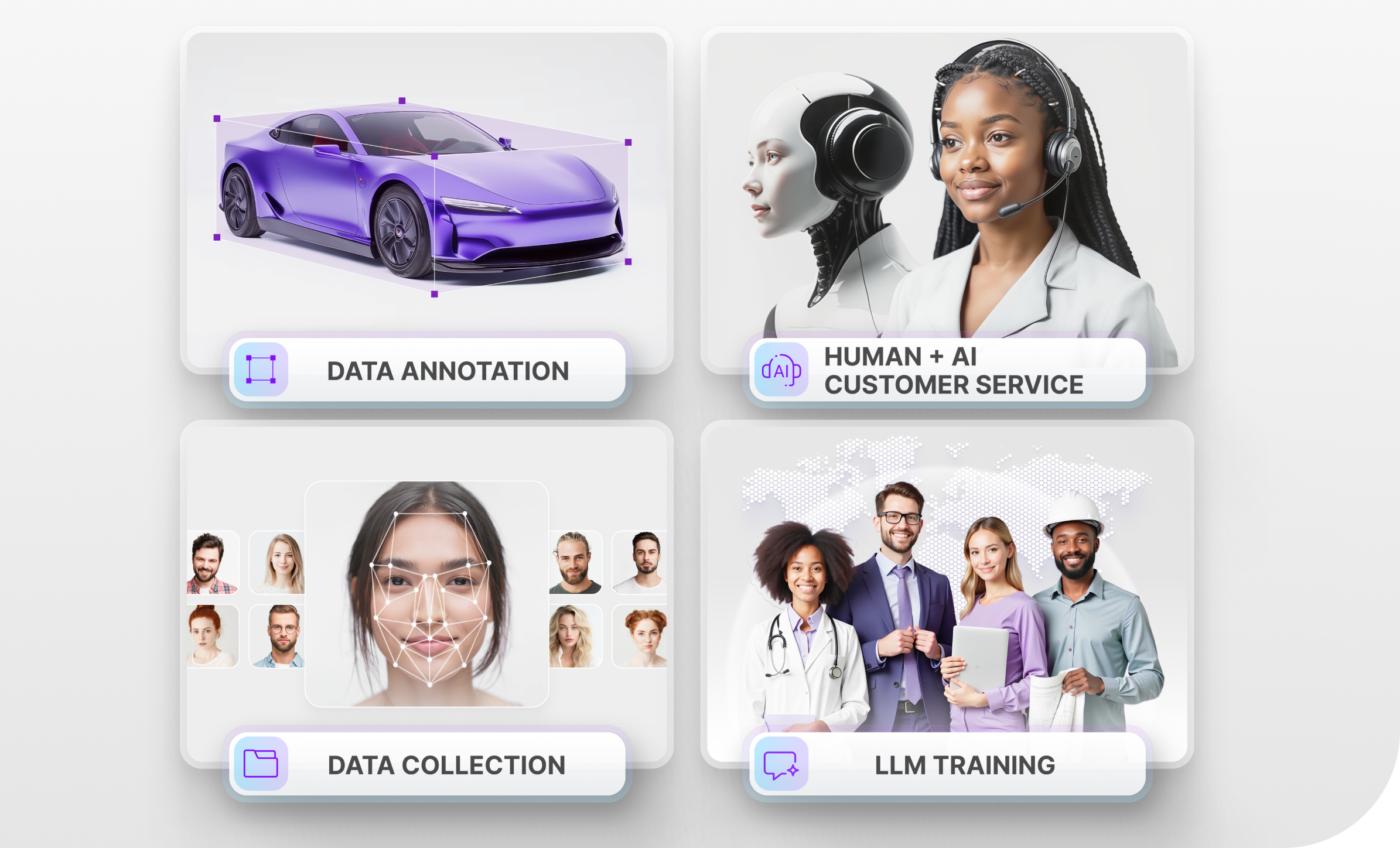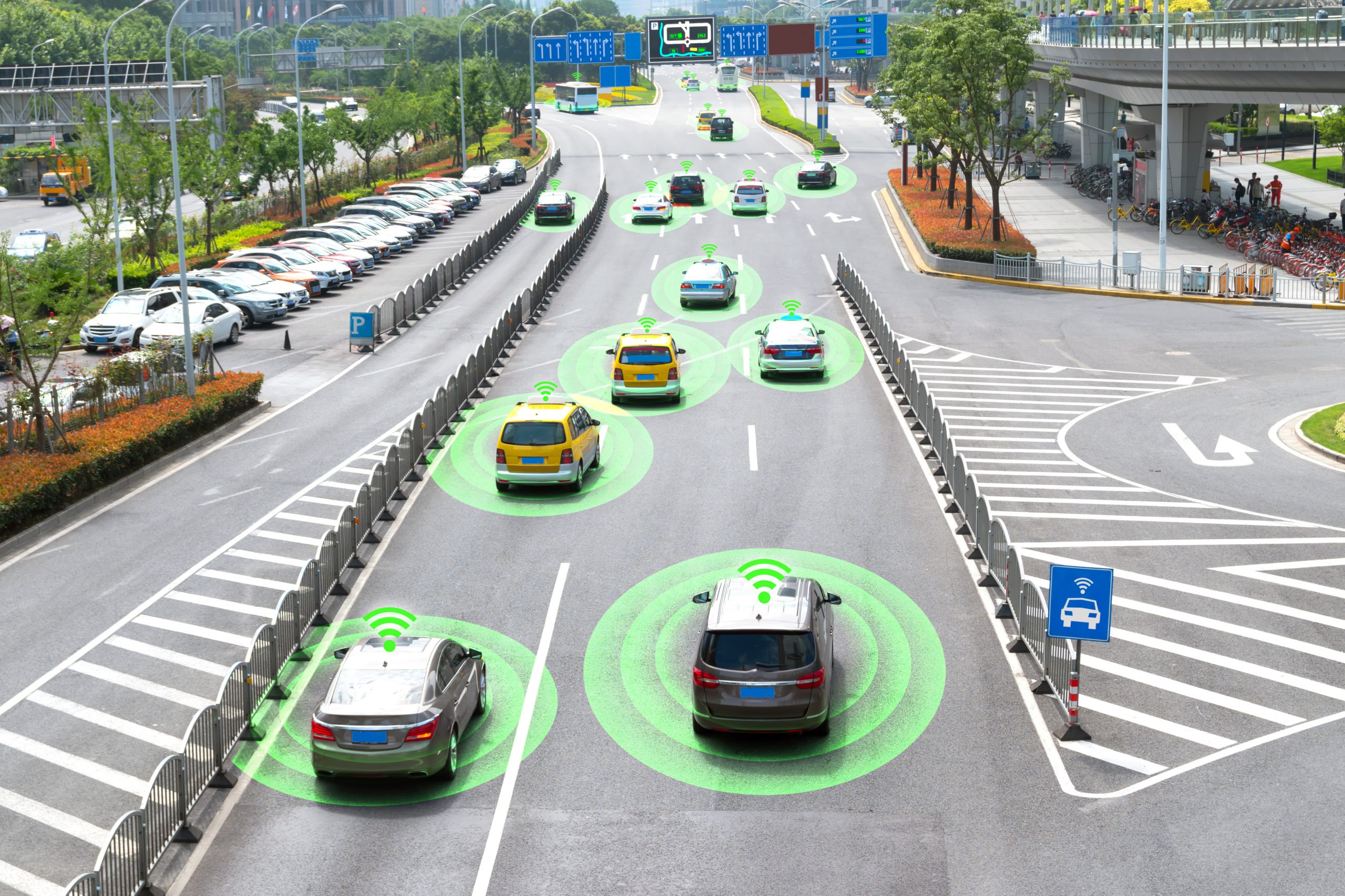Top AI Developments of 2019
Artificial intelligence is a very hot topic nowadays and it is easy to see why this is the case. The technology is advancing quickly and we are approaching the point where AI will revolutionize our personal and professional lives. In fact, it will become such a big part of our everyday lives, we will wonder how we ever got along without it.
One of the interesting things is that while AI can automate a lot of the work we do manually, it also is capable of thinking like a human. This is because it is powered by neural networks that are trained to recognize their surrounding environment and function the same way a regular person would. Needless to say, this requires a lot of data annotation and other time-consuming tasks, but the implications of this technology are huge. According to McKinsey, AI will be a 13 trillion dollar industry by 2030.
Since we looked at the increasing role AI will play in the future, let’s take a look at the biggest AI developments in 2019.
The Rise of AI Assistants
While personal assistants like Cortana and Alexa have been around for quite some time now, they have become more popular in 2019. New advancements in natural language processing have made them more useful and they are now handling 40% of all searches. In fact, one out of six Americans owns an Alexa-compatible device in 2019.
One of the reasons that we are seeing such improvements in AI-powered personal assistants is because they are receiving more data from users which allows them to become better at speech recognition and performing the request of the user. As time goes on, you can expect them to become even more advanced where they anticipate user behavior, understand their habits and start recommending certain actions.
Facial Recognition is No Longer a Sci-Fi Fantasy
We all remember the movie Minority Report where Tom Cruise walks through a store and the automated store assistants recognize his face and start recommending new items to buy. In 2019, we have seen more facial recognition software used in public places. This technology combined with web tracking allows companies to identify the users and provide them with personalized content and advertising.
One of the most interesting developments in facial recognition this year has been in Major League Baseball (MLB). They have installed cameras in 23 ballparks that scans the faces of those in attendance and verifies that they have purchased a ticket. While there are some nuances that must be taken into account, such as privacy concerns, this seems to be the trend of the future for purchasing tickets to sporting events.
Data Has Become the New Oil
Data has become so valuable that it is humoristically being compared to commodities such as oil. However, when we look deeper, it is easy to see why this is the case. One of the major reasons that we have seen the rise of machine learning, facial recognition and other developments in AI is because there is so much data available and companies are always looking for ways of collecting it and refining it.
Raw data that is collected from user devices must be refined via annotation, which tells the machines what they must learn. This method of using data to get a business advantage has been used in many industries such as retail. In fact, retailers are now inserting the data from customer receipts and loyalty programs into AI-powered engines o find interesting new ways on how to sell their products better.
AI is In-Demand Like Never Before
The latest developments in AI show its true potential of creating new jobs and eliminating manual and repetitive tasks. More importantly, it allows us to work smarter and be more productive. In our personal lives, it will help us enjoy better social experiences by recommending things that we might enjoy and serving as an indispensable assistant for conducting routine tasks.
Mindy Support understands the important role AI will play in the future. This is why we are committed towards helping researchers create cutting-edge AI products by taking the data annotation burden off their shoulders.






